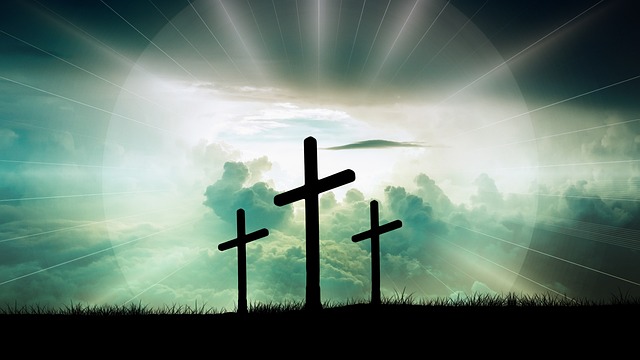Fr. Jijo Kandamkulathy CMF
Claretian Missionaries
3rd Sunday in Ordinary Time – Year A
Gospel: Matthew 4:12-23
The first part of today’s gospel narrates a scene after the conclusion of John the Baptist’s mission. Jesus moved from Nazareth to Capernaum. Capernaum was a village of fishermen and farmers that stretched for about three hundred meters along the western shore of Lake Gennesaret (Galilee). Galilee was inhabited by Israelites regarded by all as semi-pagans because they were born from the intermingling of different peoples. They were considered as people living in darkness and ignorance.
It became the center of his activities for nearly three years. The change of residence—a very trivial fact—has been read by Matthew in its theological significance as the fulfillment of Isaiah’s prophecy: “The people who lived in darkness have seen a great light: on those who live in the land of the shadow of death a light has shone” (v. 16). With this choice, Jesus indicates who are the first recipients of his light, not the pure Jews but the excluded, the distant.
In the second part of the passage, the calling of the first four disciples is narrated. It is more a piece of catechesis than a call narrative. The evangelist wants the disciple to understand what it means to say “yes” to Christ’s invitation to follow. It is an example, an illustration of what it means to be converted.
Matthew shows Jesus in constant movement. The one who is called must realize that he will not be granted any rest and there will not be any stop along the way. Jesus wants to be followed day and night and throughout life. There are no moments of exemption from commitments taken.
The answer, then, must be prompt and generous as that of Peter, Andrew, James and John who “immediately left their nets, their boat and their father, and followed him” (vv. 20, 22). The abandonment of one’s own father should not be misunderstood. It does not mean that anyone who becomes a Christian (or chooses the religious and consecrated life) must ignore one’s own parents. Among the Jewish people, the father was the symbol of the link with the ancestors and of attachment to tradition. And it is this dependence on the past that must be broken when it constitutes an impediment to welcome the novelty of the gospel. The history, the traditions, the culture of every people must be respected and valued. However, we know that not all the habits, customs, ways of life handed down are compatible with the message of Christ.
The demand from Jesus relates to the dramatic choice that the early Christians were called to do: choosing to become disciples they were rejected by the family, misunderstood by parents, expelled from the synagogues, and excluded from their people. For all, leaving the father implies the abandonment of everything that is incompatible with the gospel.
To the invitation to follow him, Jesus adds the charge: “I will make you fish for people” (v. 19). The image is taken from the work done by the first apostles. In biblical symbolism, the sea was the abode of the devil, of diseases and everything that opposed life. It was deep, dark, dangerous, mysterious, and terrible. In the sea, the monsters lived, and in it, even the most skilled sailors did not feel safe.
Fishing people means to get them out of the condition of death where they are. It means to pull them out from the forces of evil that, like the raging waters, dominate, engulf and overwhelm them.
The disciple of Christ does not fear the waves and courageously faces them, even when they are raging. He does not give up hope to save a sister or a brother, even when s/he is in a humanly desperate situation: a slave of drugs and alcohol, unbridled passion, irascible, aggressive and intractable character. In whatever situation he is, he will be saved by the disciple of Christ.
(Indebted to Fr. Armellini SCJ for textual analysis. Image: geralt@pixabay.com)


 Follow
Follow


